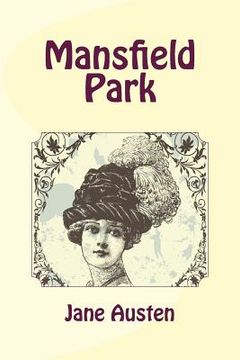Fue una novelista británica que vivió durante la época georgiana. Nació en la rectoría de Steventon (Hampshire). Su familia pertenecía a la gentry británica (nobleza rural o burguesía agraria), contexto del que no salió y en el que sitúa todas sus obras, siempre en torno al matrimonio de su protagonista.
Ha sido llevada al cine en numerosas ocasiones, algunas veces reproducidas de forma fiel, como el clásico Más fuerte que el orgullo de 1940 dirigido por Robert Z. Leonard y protagonizada por Greer Garson y Laurence Olivier y en otras haciendo adaptaciones a la época actual, como es el caso de Clueless, adaptación libre de Emma. Otras versiones son la de Sentido y sensibilidad, de 1995; Mansfield Park, de 2000, y las de Orgullo y prejuicio en 2004 (dirigida por Gurinder Chadha) y en 2005 (dirigida por Joe Wright). Sin embargo, la versión más fiel y perfecta que hasta ahora se ha hecho del libro de Orgullo y prejuicio es la serie que presentó la BBC protagonizada por Colin Firth y Jennifer Ehle. El interés que la obra de Jane Austen sigue despertando hoy en día muestra la vigencia de su pensamiento y la influencia que ha tenido en la literatura posterior. Su vida también ha sido llevada al cine con la película Becoming Jane (2007).
Ver más
Ver menos

